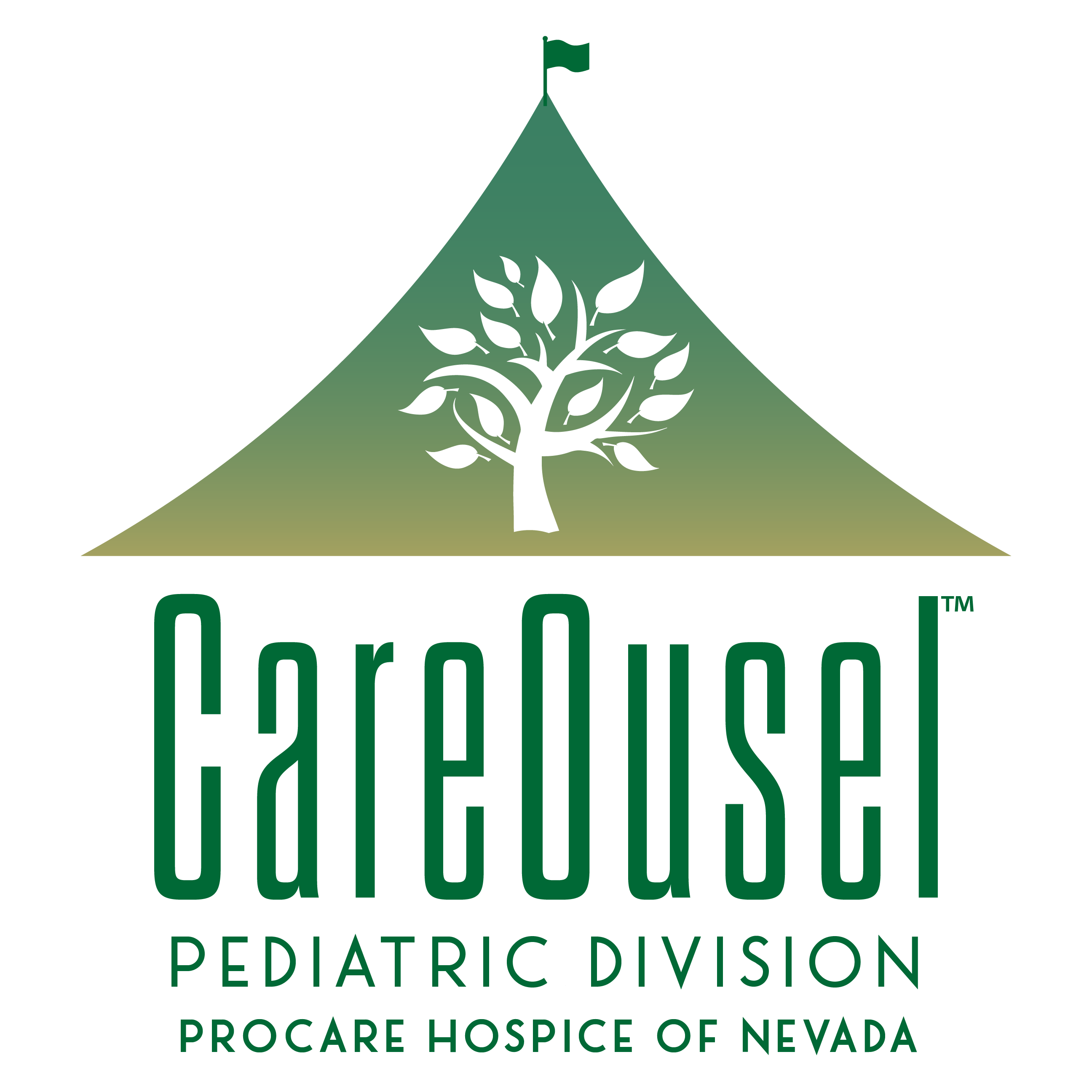When facing a serious illness or end-of-life stage, individuals and their families often encounter two terms: hospice care and palliative care. While these two types of care share similarities, it is important to understand the differences between them.
Table of Contents
- What is Hospice Care?
- What is Palliative Care?
- Differences Between Hospice Care and Palliative Care
- Similarities Between Hospice Care and Palliative Care
- Frequently Asked Questions (FAQs)
- Understanding the Differences and Similarities
- Seeking Care at ProCare Hospice of Nevada
What is Hospice Care?
Hospice care in Las Vegas is a specialized form of medical care focused on providing support and comfort to individuals with terminal illnesses. Its primary objective is to enhance the quality of life for patients during their final stages, emphasizing pain and symptom management, emotional support, and spiritual care. Hospice care in Las Vegas can be administered in various settings, including the patient’s home, hospice centers, hospitals, or nursing homes, depending on the individual’s preferences and needs.
What is Palliative Care?
Palliative care, on the other hand, is a broader approach to care that aims to improve the quality of life for individuals facing serious illnesses at any stage of their illness. Unlike Las Vegas hospice care, palliative care can be provided concurrently with curative treatments and is not limited to end-of-life situations. The focus of palliative care is on relieving symptoms, managing pain, addressing emotional and spiritual needs, and supporting patients and their families throughout the treatment process. Palliative care can be administered in various healthcare settings, including hospitals, clinics, or the patient’s home.
Differences Between Hospice Care and Palliative Care
While Las Vegas hospice care and palliative care share common goals, several key differences set them apart. Understanding these distinctions can help individuals and their families make well-informed decisions regarding their care options. Let’s explore the main differences between hospice care and palliative care:
Scope of Care
Hospice care in Las Vegas is specifically designed for individuals with a life expectancy of six months or less, focusing on end-of-life support and comfort. On the other hand, palliative care can be provided at any stage of a serious illness, regardless of life expectancy, and is often integrated with curative treatments.
Timing of Care
Hospice care in Las Vegas is typically initiated when curative treatments are no longer pursued or have proven ineffective. Palliative care, however, can be provided alongside curative treatments, complementing the efforts to manage symptoms, improve well-being, and enhance the overall quality of life.
Goal of Care
The primary goal of Las Vegas hospice care is to provide comfort and emotional support to individuals during the end-of-life stage. Palliative care aims to improve the quality of life by addressing physical, emotional, and spiritual needs, regardless of the prognosis or stage of the illness.
Location of Care
Hospice care in Las Vegas can be delivered in various settings, including the patient’s home, specialized hospice facilities, hospitals, or nursing homes. Palliative care can also be administered in these settings, but it is commonly provided within hospitals or outpatient clinics.
Eligibility and Availability
To receive hospice care in Las Vegas, individuals typically need a prognosis of six months or less and a willingness to forego curative treatments. On the other hand, palliative care is available to individuals with serious illnesses at any stage, regardless of life expectancy, and can be received concurrently with curative treatments.
Team Composition
Las Vegas Hospice care teams usually consist of interdisciplinary healthcare professionals, including doctors, nurses, social workers, chaplains, and trained volunteers. Palliative care teams may include similar professionals, but they also involve specialists from various fields, such as pain management, psychiatry, and nutrition, to provide comprehensive support tailored to the individual’s needs.
Services Provided
Las Vegas Hospice care provides a wide range of services, including pain and symptom management, emotional support, spiritual care, respite care for caregivers, and bereavement support for families. Palliative care focuses on symptom management, pain relief, emotional and psychological support, guidance in decision-making, and assistance in coordinating care across different healthcare providers.
Similarities Between Hospice Care and Palliative Care
While there are notable differences between Las Vegas hospice care and palliative care, it is important to recognize their shared characteristics and objectives. Both types of care aim to improve the quality of life, manage symptoms, address emotional and spiritual needs, and provide support to patients and their families. Additionally, both hospice care and palliative care emphasize a patient-centered approach that promotes respect and individual preferences in decision-making.
Frequently Asked Questions (FAQs)
- What are the main goals of hospice and palliative care?
The main goals of both hospice and palliative care are to enhance the quality of life, manage symptoms, provide emotional and spiritual support, and ensure the comfort of individuals facing serious illnesses.
- Are hospice and palliative care only available in hospitals?
No, hospice and palliative care can be provided in various settings, including hospitals, specialized facilities, nursing homes, clinics, or the patient’s home.
- Can I receive curative treatment while receiving hospice or palliative care?
Hospice care in Las Vegas is focused on comfort and support during the end-of-life stage, typically foregoing curative treatments. Palliative care, on the other hand, can be received concurrently with curative treatments, providing holistic care to manage symptoms and improve quality of life.
- How can I access hospice or palliative care services?
To access hospice or palliative care services, you can consult with your healthcare provider or primary care physician. They can guide you through the available options, assess your needs, and provide appropriate referrals.
- Is hospice care only for elderly patients?
No, hospice care in Las Vegas is not limited to elderly patients. It is available to individuals of all ages who have been diagnosed with a terminal illness and meet the eligibility criteria.
Understanding the Differences and Similarities
Las Vegas hospice care and palliative care are two distinct approaches to healthcare that aim to improve the quality of life for individuals facing serious illnesses. While hospice care is specifically designed for end-of-life support, palliative care can be provided at any stage of a serious illness, alongside curative treatments. By understanding the differences and similarities between hospice care and palliative care, individuals and their families can make informed decisions about their healthcare options, ensuring that their unique needs and preferences are met.
Seeking Hospice and Palliative Care at ProCare Hospice
When considering hospice care in Las Vegas or palliative care services, you can turn to ProCare Hospice of Nevada. Our dedicated team of healthcare professionals is committed to providing compassionate and comprehensive care tailored to the unique needs of each patient. Whether you require Las Vegas hospice care for end-of-life support or palliative care to enhance your quality of life while pursuing curative treatments, we are here to support you and your loved ones every step of the way.
Contact us today to learn more about our services and how we can assist you in your healthcare journey.
Please contact us at 702.380.8300 or submit a form here.



 Back To Top
Back To Top